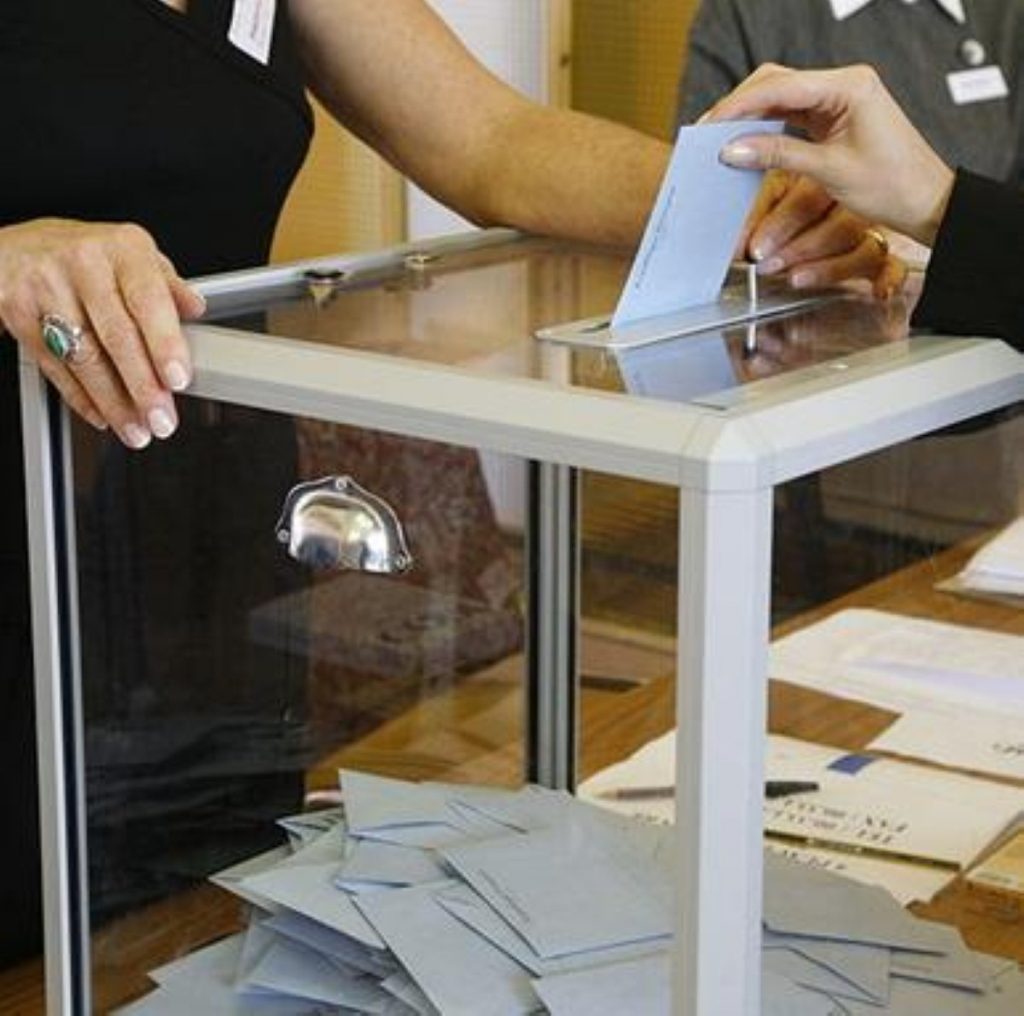A new voting system: Excellent or poor?
By Ian Dunt
Election experts are proposing a new voting system today which would see voters give candidates a grade of Excellent, Very Good, Good, Acceptable, or Poor.
To read analysis of the new system click here.
The contribution to the debate over voting reform comes in a new theory by professors Michel Balinski and Rida Laraki, who will present their ideas at a public lecture at the London School of Economics tonight.


The academics argue their system would counter voter disillusionment with British politics and is transferable across a host of different votes – from general elections to the TV series Dancing on Ice.
“We’re really quite convinced that this is the right way to vote,” professor Balinski told politics.co.uk.
“It’s also the right way to judge wines and even figure skaters – the whole point is that anytime there’s a number of different opinions and you need a joint opinion, this is the way it should be done,” he continued.
“It turns out it’s quite simple. Even without the theory you can just explain it and people think it’s the right way to do things.”
The system, called ‘Majority Judgement’, would see voters assign each candidate a grade of: Excellent, Very Good, Good, Acceptable, Poor, or Reject.
They argue the system would encourage voters to express their true opinion instead of having to vote tactically.
Both academics are from the Ecole Polytechnique in Paris, and argue the system would have prevented the run-off between incumbent Jacques Chirac and the fascist Jean-Marie Le Pen in 2002, which brought thousands onto the streets of Paris and shamed France internationally.
The Majority Judgement system has been tested in electoral experiments on the web with success in the recent French and US presidential elections, and in various French wine competitions.
One reviewer concluded: “This voting system is natural, simple, robust, has instant-run-off, is insensitive to irrelevant alternatives, resistant to gaming, etc, and most importantly it picks the right candidate.”
The contribution comes as the debate over voting reform continues to simmer over in British politics.
Britain is one of the few western democracies, along with the United States to operate under a first-past-the-post (FPTP) electoral system, whereby electorates are divided into constituencies to elect a representative.
Critics object to the system on the basis that it disenfranchises whole swathes of the population.
The Liberal Democrats are committed to scrapping FPTP and replacing it with a proportional representation (PR) system, but the party recently dropped that pledge from its red-lines on forming a coalition with other parties.
The first of three lectures on the subject, Majority Judgement vs the Traditional View, will be held tonight at 18:30 GMT in the Hong Kong theatre on the Aldwych.












